Three Common Missteps Women Make with Their Health and Nutrition
Katherine Andrew works with a lot of women in her nutrition practice, Nourish to Flourish. She sees the common missteps that they’re taking in regard to the health and nutrition space. In this brief video, Katherine shares some of those missteps she sees women making and suggests ways to do it differently.









